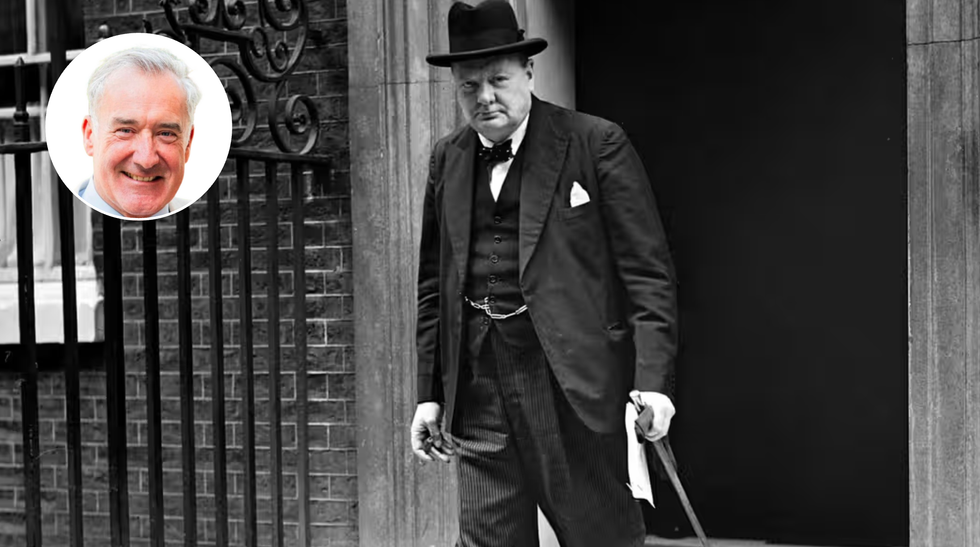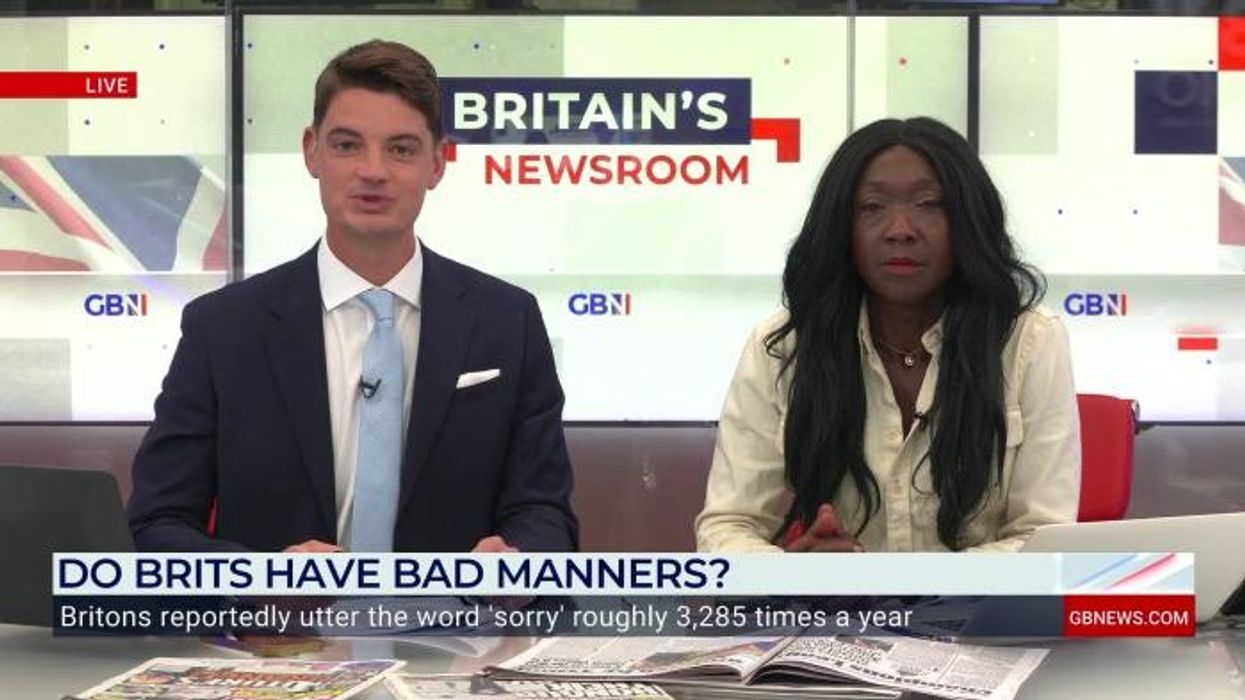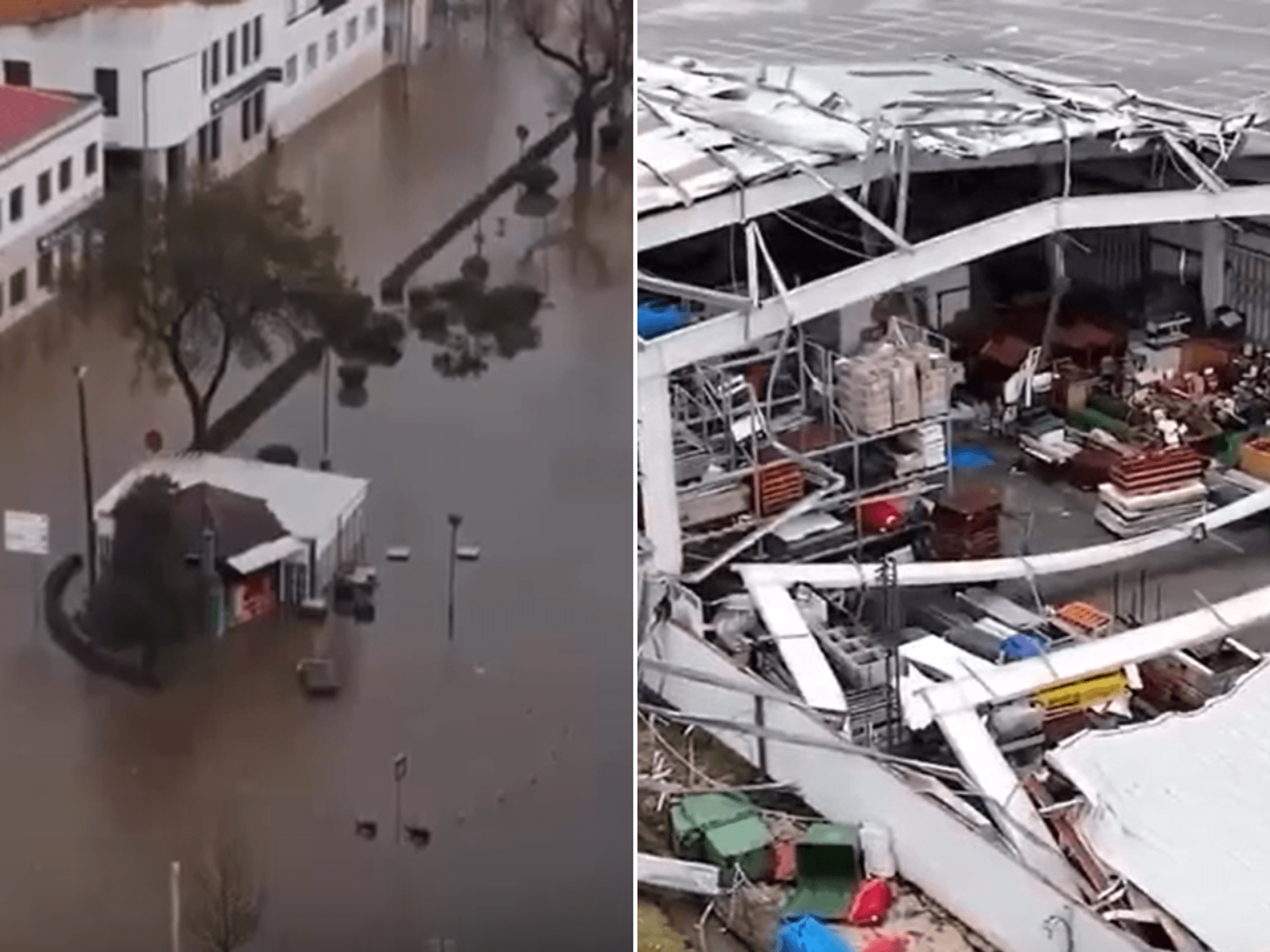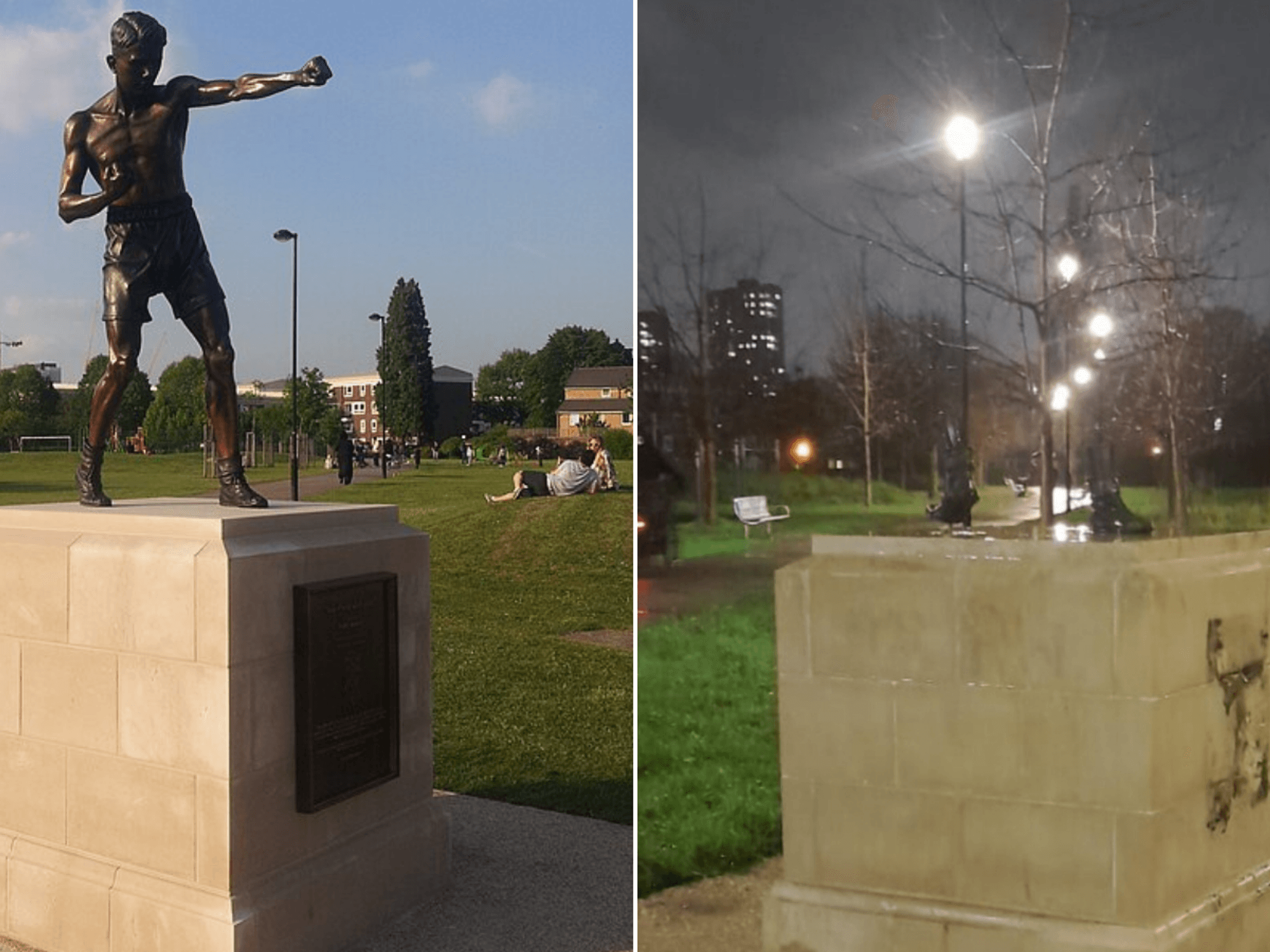WW2 offers a solution to today's illegal migration crisis. Will our leaders enforce it? - Colin Brazier
OPINION: It’s fashionable to think that this kind of deterrence can’t work - history tells a different story
Don't Miss
Most Read
Latest
Five years ago, with the nation in the early stages of covid-related mass hysteria, Britain’s biggest ‘nightingale hospital’ was built in record time. Civilian contractors worked around the clock. More than 200 soldiers from the Royal Anglian Regiment were drafted in. From start to finish the job took nine days.
“He who wills the end, wills the means”, said the German philosopher Immanuel Kant. In other words, if you want something badly enough, you will find a way of making it happen.
Go a little further back than lockdown, and modern history has more profound examples of what the State can achieve - if it has a mind to. Take one example from last week’s Victory in Europe celebrations. The highlight was the sight and sound of a Lancaster passing over Buckingham Palace.
The bomber is the only one left flying in Britain, of the 7,300 which were built here. They took off from hundreds of newly-constructed airfields and stations, carrying payloads assembled by the almost one million women who worked in the UK’s wartime munitions factories.
At the time, the State was fighting what became known as Total War, with civil servants taking control of almost every aspect of the economy and society. Rationing, ID cards, and the internment of thousands of foreigners became the norm.

WW2 offers a solution to today's illegal migration crisis. Will our leaders enforce it? - Colin Brazier
|Getty Images
But there was more at stake than civil liberties, which is why the Lancaster bomber is a fitting symbol of what the British people were prepared to accept in order to achieve what Churchill described as “victory at all costs…however long and hard the road may be”.
In all, half of all Lancasters which flew in the Second World War were lost. More shockingly, the survival rates for young men who joined RAF Bomber Command were astonishingly low. Of the 125,000 who took off, more than 55,000 were killed in the air. The odds of winning a toss of the coin were better, but not much better.
I mention this because there are those who feel (rightly, I suspect) that such sacrificial acts would be impossible today. In January, YouGov published a survey suggesting that a third of 18-40-year-olds would refuse to serve even if called up.
For many people looking back at World War Two, and trying to fathom those survey results, the intervening 80 years provides a depressing answer. A national character, once synonymous with patriotism, duty and stoicism, has been undermined by a programme of institutionalised self-loathing pushed by schools, universities, businesses, charities and media. Its history repudiated in the interests of inclusivity. Its social cohesion was abandoned on the altar of diversity.
But while it’s true that World War Two represents an irrecoverable past, it also offers a manual for future policy. Because it reminds us that, when push comes to shove, the State can move decisively and even ruthlessly, when needs must.
I thought about this, having just listened to the newly elected Reform mayor of Greater Lincolnshire (the county, coincidentally, is home to the Lancaster of the Battle of Britain Memorial Flight). Dame Andrea Jenkyns used her inaugural address to make the case for the detention of illegal migrants, arguing they should be “put in tents” rather than hotels, which cost the country millions every day.
Cue the customary howls of outrage from people who rarely have to live with the downsides of mass immigration.
It was the same when Ann Widdecombe, Reform’s immigration spokeswoman, last year suggested that anyone entering Britain in a small boat ought to be held in a detention centre, possibly based on a disused holiday camp.
Liberals believe that migrants, even those who’ve attempted to destroy all their identity documents, should be treated like honoured guests.
In fact, as Jenkyns and Widdecombe intuit, deterrence requires a very different approach. One that is not about being sadistic, but about signalling strength.
And nobody gets this more than The Great Signaller himself. Increasingly, Donald Trump realises that, if he is to deter illegal migrants from the US, he must make them appreciate that the journey isn’t worth the candle. If they enter the country illegally, they will be sent somewhere they’d rather not be. He’s recently talked about relocating tens of thousands of migrants to the Guantanamo Bay camp, once home to notorious terrorist prisoners. The president has even mooted using hotels in Rwanda, originally renovated in anticipation of arrivals from the UK, before that scheme was scrapped on Keir Starmer’s first day in office.
Trump, Jenkyns and Widdecombe et al all understand what left-wing lawyers like our PM struggle to grasp. They’re not so naive as to think that simply turning a former Butlins into a secure unit or using the world’s most high-profile military jail to house migrants will solve the problem. But it signals to would-be migrants that they will not be welcome and, in turn, that may make them choose another destination. Or stay at home.
It’s fashionable to think that this kind of deterrence can’t work. But just ask the Irish government, which, last year, faced a dramatic increase in asylum claims from migrants travelling into the Republic from Ulster. Dublin made it clear that the spike was a consequence of the UK government’s Rwanda policy (which hadn’t even begun). Migrants feared the UK was becoming a hostile environment and saw Ireland as a relatively soft touch.
But when we think back to the early 1940s, or even just to the covid-19 emergency, we are entitled to wonder what could happen if the State took deterrence through detention seriously. Not just signalling that life here will not be a bed of roses for a minority, but guaranteeing that everyone who comes to the UK in what even a former Home Secretary has called an “invasion” will regret their choices.
Because, given the will, this is entirely achievable. Nobody thought it was possible to build an A&E hospital in nine days, but adversity is the mother of invention, and it happened. If the polls are right and Reform does form the next government, then it will have an opportunity to respond to illegal migration as a wartime emergency.
The State can do incredible things if it has the means. If Rwanda was an (expensive) deterrence, then what about a British Overseas Territory like Ascension or even the Falklands? Critics would call the policy inhumane, but so too was creating the conditions where 78 people could drown in the Channel last year. It will be costly, but so was lockdown.
On current trends, this year’s number of small boat crossings looks like it will smash all previous records. Unless migrants believe their journey is doomed to failure, they will keep coming in ever-greater numbers. This is not a wartime emergency. It’s worse than that. Wars come to an end. Without a plan of sufficient seriousness, our migrant woes are only just beginning.











